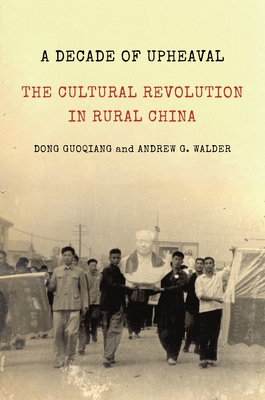Expedite your nonfiction book discovery process with Readara interviews, summaries and recommendations, Broaden your knowledge and gain insights from leading experts and scholars
In-depth, hour-long interviews with notable nonfiction authors, Gain new perspectives and ideas from the writer’s expertise and research, Valuable resource for readers and researchers
Optimize your book discovery process, Four-to eight-page summaries prepared by subject matter experts, Quickly review the book’s central messages and range of content
Books are handpicked covering a wide range of important categories and topics, Selected authors are subject experts, field professionals, or distinguished academics
Our editorial team includes books offering insights, unique views and researched-narratives in categories, Trade shows and book fairs, Book signings and in person author talks,Webinars and online events
Connect with editors and designers,Discover PR & marketing services providers, Source printers and related service providers

A Decade of Upheaval: The Cultural Revolution in Rural China
Political Science > Political Ideologies - Communism, Post-Communism & Socialism
- Princeton University Press
- Paperback
- 9780691213217
- 9.1 X 6.1 X 0.6 inches
- 0.75 pounds
- Political Science > Political Ideologies - Communism, Post-Communism & Socialism
- (Single Author) Asian American
- English
Readara.com
Book Description
A revealing exploration of political disruption and violence in a rural Chinese county during the Cultural Revolution
A Decade of Upheaval chronicles the surprising and dramatic political conflicts of a rural Chinese county over the course of the Cultural Revolution. Drawing on an unprecedented range of sources--including work diaries, interviews, internal party documents, and military directives--Dong Guoqiang and Andrew Walder uncover a previously unimagined level of strife in the countryside that began with the Red Guard Movement in 1966 and continued unabated until the death of Mao Zedong in 1976.
Showing how the upheavals of the Cultural Revolution were not limited to urban areas, but reached far into isolated rural regions, Dong and Walder reveal that the intervention of military forces in 1967 encouraged factional divisions in Feng County because different branches of China's armed forces took various sides in local disputes. The authors also lay bare how the fortunes of local political groups were closely tethered to unpredictable shifts in the decisions of government authorities in Beijing. Eventually, a backlash against suppression and victimization grew in the early 1970s and resulted in active protests, which presaged the settling of scores against radical Maoism.
A meticulous look at how one overlooked region experienced the Cultural Revolution, A Decade of Upheaval illuminates the all-encompassing nature of one of the most unstable periods in modern Chinese history.
Author Bio
Professor Guoqiang Dong received his Ph.D in 2002 from Nanjing University. His doctoral dissertation was “Modern Chinese Liberalist Intellectuals and their Political Trends—1910-1930.”
He currently teaches courses concerning modern Chinese history at Nanjing University and the Hopkins Nanjing Center, and focuses his research on the Chinese Cultural Revolution.
Project Summary
The forthcoming book The Cultural Revolution at Nanjing University as Social History will chronologically analyze important incidents that occurred at Nanjing University during 1966-1976, which can show us in greater detail what the Cultural Revolution meant to ordinary people and how they chose to play or were forced to play a role in it.
I believe this new dimension should offer a deeper understanding of the Cultural Revolution as a whole, as well as help to explain the structural flaws of the Stalinist-Maoist political model.
Source: Stanford University
Videos
No Videos
Community reviews
No Community reviews

